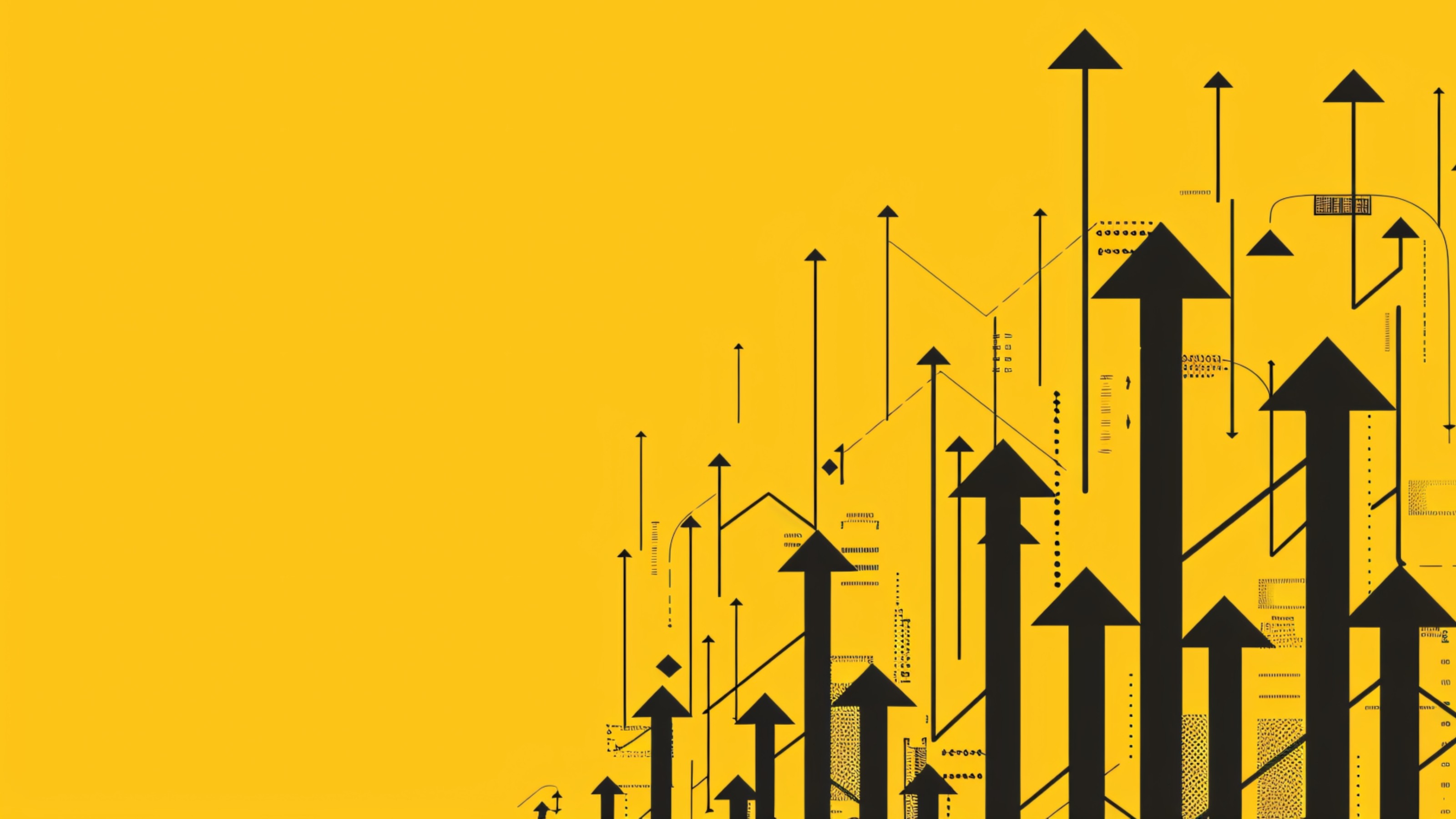The Gates Foundation, Freston says, would do a good job.
Question: If you had $100 billion to give away, how would you spend it?
Tom Freston: Oh boy. It’s hard to just give money away. Sometimes that’s the worst thing you could do. But I mean I would look to, say, the Gates Foundation, which now has 60 billions of dollars to give away. How are they doing it? And I think they’re going about it rather wisely. I mean they have put processes in place and objectives in place; and they’re targeting certain things in certain parts of the world that appear to be at first some of the lowest hanging fruit; some of the things that need to be done that might have the greatest leverage for us to move forward – looking at things like, you know, population growth, endemic disease, corruption, and try to apply it in ways that the money gets handed to people who are responsible for it; using techniques that seem to be proven to be effective. Hundreds of billions of dollars have already been wasted in people giving money away. But at the same time when people say, “Aid doesn’t work”, that’s really not true because a lot of aid does work. You can just look at some of the money that’s been spent recently for eliminating simple things like malaria and other diseases. And there’s been a lot of ways to effectively do that, and certainly we should learn from that. And there’s plenty of smart people working on exactly this. And there are . . . There would be ways to give away 100 billion dollars, although I’m sure you wouldn’t do it all in a . . . You wouldn’t do it all at once. Recorded On: 7/6/07






